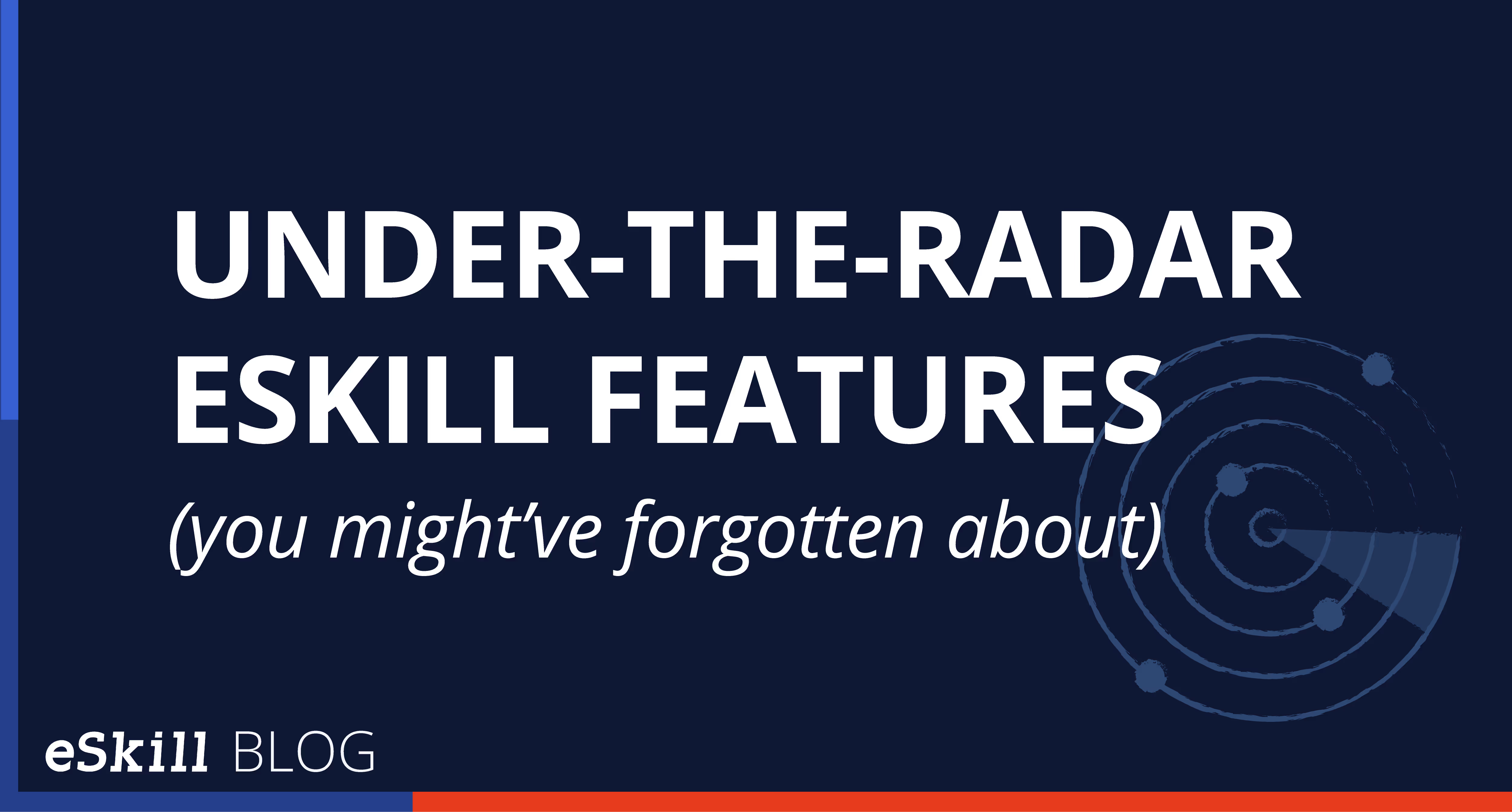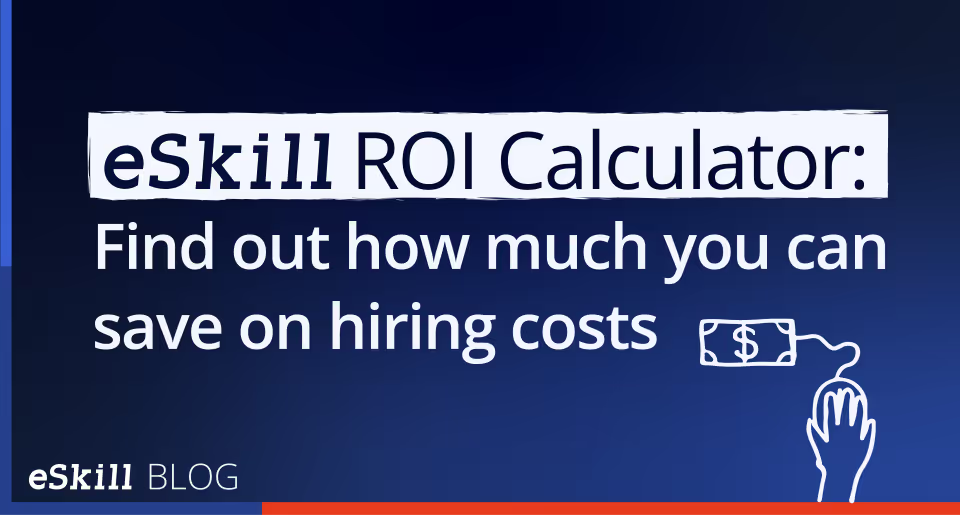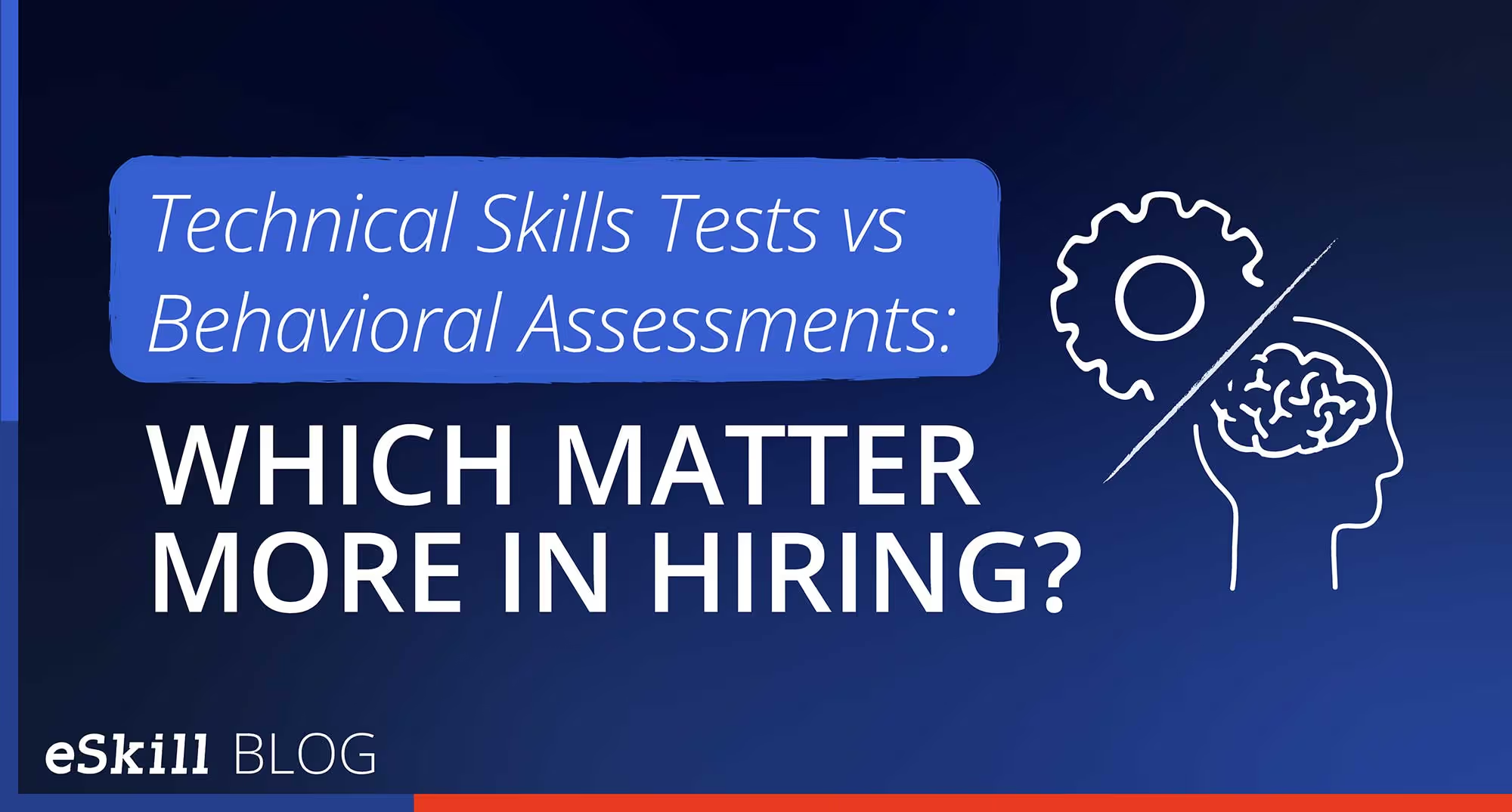Business leaders worldwide agree that hiring has become more challenging during the past few years. First, they had to adjust their operations because of the COVID-19 pandemic. Then millions of people left their jobs as part of the Great Resignation. Now they are dealing with an unprecedented global talent shortage.
Most HR teams use skills tests to identify top candidates. However, skills tests do not provide all the information that is required to make good hiring decision. Skills test results show whether a candidate has the right experience and the ability to do a job. However, they do not provide insight into personality and behavior traits that determine whether a candidate is a good fit. A candidate with top skills test scores could be completely wrong for a job.
Over 74% of HR leaders say they have hired an employee who was not a good fit. Of these, 37% said it negatively impacted business productivity; 32% said their company experienced critical time-to-market delays while they recruited and trained another employee, and 31% said product quality and service delivery suffered. This is why many organizations use behavioral assessment tests as well as skills tests in their hiring.
What Is a Behavioral Assessment for Interviewing?
HR professionals use validated behavioral assessment tests to evaluate candidates’ personality traits and behavior patterns. They are popular with business leaders because they provide insight into prospective employees’ attitudes, emotions, values, and motivations and help them determine whether a candidate fits their company culture.
Behavioral assessment tests help HR professionals understand applicants’ personalities. They can evaluate how candidates think and approach problems, get a feel for their communication style, and predict how they will perform. This helps ensure candidates have the right skills and experience and will be comfortable in the corporate environment.
Clients who use the eSkill Talent Assessment PlatformTM can measure attributes such as:
- Integrity: Whether an applicant will adhere to and follow rules and policies
- Grit: Whether the candidate will work diligently to meet goals and objectives
- Extroversion: How energetic, outgoing, and confident an applicant is
- Conscientiousness: How thorough, organized, and careful an applicant will be
- Work Ethic: Whether the prospective employee will do what is expected of them
Examples of Behavioral Assessment Tests
Various types of behavioral assessments are available, and you and your hiring team need to decide which ones will work best for you. These are some behavior assessment examples.
- Personality Tests: Personality tests help HR professionals analyze candidates’ behavior traits, preferences, and tendencies and determine whether they fit a job and corporate culture well. Some examples include Meyers-Briggs, DISC, Enneagram, and Big 5 tests.
- Simulations: Simulations present candidates with tasks they will be required to complete if hired. For example, an applicant for a computer programming job might be asked to write code; applicants for a technical writing position may be asked to write a few paragraphs about the company’s products and services, and customer service representative candidates might be asked to role-play a phone, email, or chat conversation with a customer.
- Situational Judgment Tests: Situational Judgment Tests (SJTs) present candidates with job-related scenarios and problems and ask them to choose the best and most appropriate solution from a given set of options. They are an excellent way to measure critical thinking, problem-solving, and decision-making skills and evaluate candidates’ ability to handle real work situations.
- Behavioral Interviews: Behavioral interviews are structured conversations that require candidates to describe past behaviors and experiences so hiring teams can use them as indicators of future performance. HR professionals typically ask candidates to provide specific examples of problems they have encountered and explain how they solved them.
How Behavioral Assessment Tests Simplify Hiring
Adding behavioral assessments to your hiring process is easy with the eSkill Talent Assessment PlatformTM. You can invite individual candidates to complete tests or automate the process and send a test link to hundreds of applicants.
All assessment data is visible on an easy-to-use dashboard. When applicants complete and submit tests, you immediately receive the results and can sort them by test score. You can also run reports to look at candidates’ assessment results, see which questions they missed, and identify applicants’ strengths and weaknesses.
Get Started with Behavioral Assessments
An employee whose skills test results indicate they are a dream hire could end up being your worst nightmare if they are not a good fit for your company culture. Behavioral assessments help you avoid expensive hiring mistakes that disrupt team synergy, compromise customer confidence and goodwill, and cause undue stress for team members.
Behavioral assessments help you easily identify candidates likely to succeed at your company because you can customize them to match each job. Your organization will improve hiring outcomes while reducing hiring expenses and decreasing time-to-hire. Many eSkill clients have reduced hiring costs by up to 70% and decreased time-to-hire by about 60%.
Do you want to learn how behavioral assessments can help you improve hiring across your organization? Contact us to request a demo.
Talk to sales






